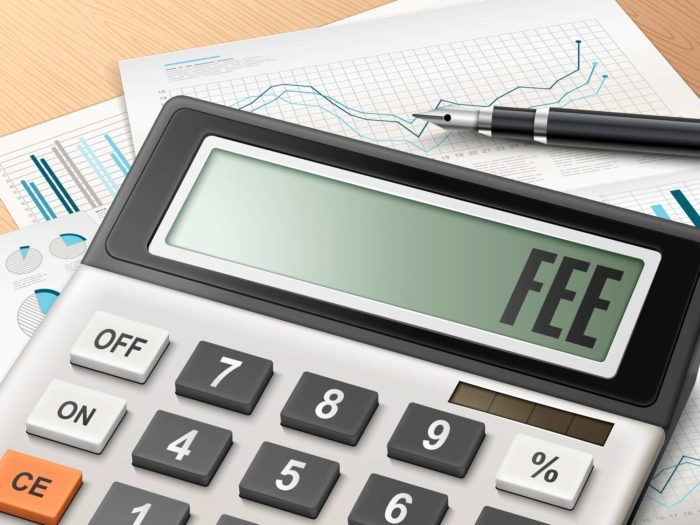
Nowadays, you don’t have to travel abroad to incur an HSBC foreign transaction fee, or from any bank or credit union for that matter.
Thanks to the rise in online shopping, American consumers can purchase all kinds of goods from foreign merchants from the comfort of home. The access to global goods has opened up a world of opportunities to buyers, along with the possibility of many unexpected fees.
If you have been charged an international transaction fee, you may be able to take part in a foreign transaction fee lawsuit.
Does HSBC Charge Foreign Transaction Fees?
Customers might be charged an HSBC foreign transaction fee even on purchases made from the U.S.
According to HSBC’s website, customers with an HSBC Advance checking accounts are charged a foreign transaction fee of 3% of the purchase amount after the transaction is converted to dollars.
For all other account holders, the bank says “if you effect a transaction on your HSBC Bank Consumer Checking or Savings account at an EFT facility with your Debit Mastercard card or ATM card outside the United States, the transaction amount may be further increased by a percentage established from time to time by us.”
That HSBC foreign transaction fee does not apply to the bank’s Jade World Debit Mastercard or Premier World Debit Mastercard.
Are There Foreign Transaction Fees for Online Purchases Made at Home?
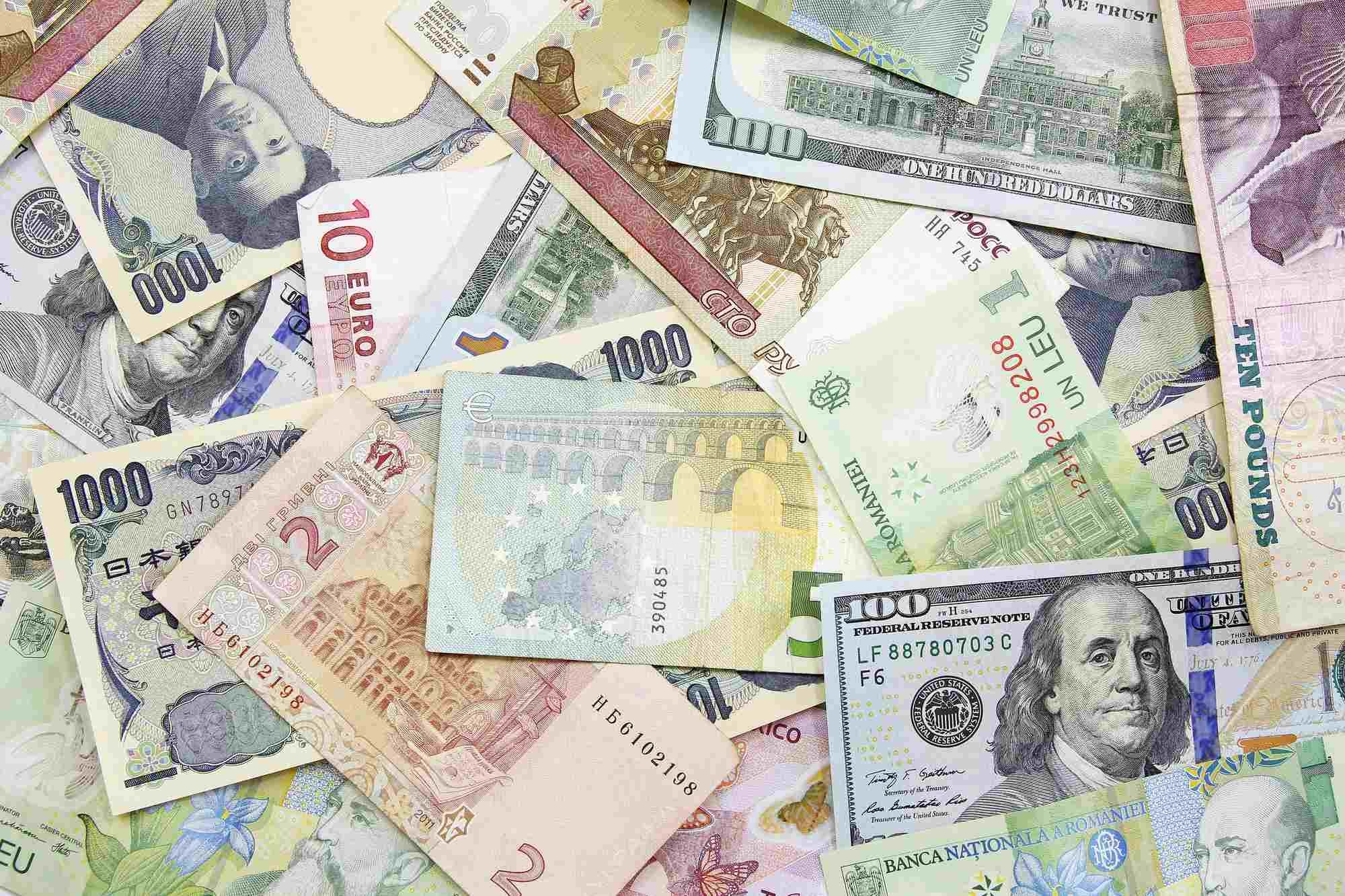 Foreign transaction fees are surcharges on credit card purchases processed by a foreign bank, or in a currency other than U.S. dollars. Traditionally, that meant consumers would be charged foreign transaction fees when making purchases while traveling outside the country. In the modern era, it also means they can be charged when customers buy something online from an overseas seller, according to TransferWise, an online money transfer service specializing in international currency exchange.
Foreign transaction fees are surcharges on credit card purchases processed by a foreign bank, or in a currency other than U.S. dollars. Traditionally, that meant consumers would be charged foreign transaction fees when making purchases while traveling outside the country. In the modern era, it also means they can be charged when customers buy something online from an overseas seller, according to TransferWise, an online money transfer service specializing in international currency exchange.
According to the consumer finance website ValuePenguin, there are two parts to a foreign transaction fee: One charged by the credit card network, such as Visa or MasterCard, and the other by the issuer, such as HSBC. The credit card network charges a 1% fee and bank or credit union charges vary. In some cases, there is no fee at all.
Banks, credit unions, and credit card companies say foreign transaction fees are assessed to compensate for having to process transactions that require the financial institutions to convert currency, says CreditCards.com, an online resource for credit card information and reviews.
Historically, to be considered a foreign transaction, the transaction had to actually take place on foreign soil. In recent years, however, credit card networks and issuers have started considering transactions to be foreign “if, at any point, they pass through a foreign bank,” according to ValuePenguin. That means an online purchase made by someone in California can be classified as a foreign transaction – and trigger an international fee – if the payment passes through or is made to a foreign country.
“And very few (online merchants) will actually provide that information, making it near impossible for consumers to find out ahead of time,” ValuePenguin says.
How Can You Avoid an HSBC Foreign Transaction Fee?
The easiest kind of foreign transaction fees to avoid are the ones charged on purchases made when customers are actually in another country. In those instances, savvy travelers and shoppers can pay cash or use a credit card that doesn’t charge an international transaction fee. Many travel-centric credit cards waive these fees.
When making online purchases, buyers can bypass the fee by avoiding merchants located outside the U.S. or credit cards and bank accounts that charge foreign transaction fees.
Online retailers can make it difficult to know if the merchant you are buying from is foreign or domestic. Amazon, for example, is an American company, but it often serves as a conduit between foreign merchants and buyers. That means buying an item from a seller in China, for example, might result in an international fee even if the purchase is facilitated by Amazon, says WalletHub.
Consumers who are surprised to find they’ve been charged foreign transaction fees they were not expecting can always ask to be refunded by their bank or credit card company. If the company refuses, the customer may have grounds for legal action.
How to Fight Foreign Transaction Fees
While someone may expect an HSBC foreign transaction fee while traveling, few expect one while shopping at home online.
However, Credit Karma reports that foreign transaction fees can be assessed in two situations: online shopping at a non-U.S. company and for online transactions routed through a foreign bank.
While these fees can be frustrating, Money Talks News says there are ways to successfully fight them. First, Money Talks recommends acting quickly to contact the credit card company about unexpected foreign transaction fees – as soon as the fee posts, if possible.
In addition, Money Talks recommends calling the credit card company early in the day to optimize the chance of getting a well-rested and patient customer service representative.
Money Talks also says consumers should try to be polite and persistent when making the call. While the fee may feel unfair and upsetting, customer service agents are more likely to be responsive to calm and pleasant inquiries than demands. Additionally, if the first call doesn’t work, consumers should try their polite and pleasant attitude with a supervisor or on another call.
If foreign transaction fees continue to be a problem, Credit Karma notes that many credit card companies are getting rid of the fee all together. Rather than continuing to fight the problem, consumers may want to consider a new card with better terms, including deals on international travel.
Have Any Class Action Lawsuits Been Filed?
Charging foreign transaction fees for online purchases is not illegal, but some banks may be violating their own contracts by doing so.
Numerous class action lawsuits have been filed against banks, credit unions and credit card companies by customers who were caught off guard by foreign transaction fees they say were charged illegally.
Among the most recent is a case against Navy Federal Credit Union of Virginia. Lead plaintiff Siobhan M. filed the class action lawsuit in the Southern District of California on Aug. 21, 2020, claiming Navy Federal Credit Union’s practice of charging consumers in the U.S. an international service fee for online purchases from international vendors is illegal.
Siobhan says that while online shopping from her San Francisco home, she used her credit union checking account to buy something from a seller in Cyprus, although she wasn’t aware it was an international purchase because that information was not made clear at the point of purchase. The credit union charged Siobhan an international transaction fee of $1.38, or 1% of the total purchase.
Siobhan’s class action lawsuit claims that since her customer agreement with Navy Federal Credit Union does not specifically authorize international transaction fees for online purchases, it is prohibited.
In 2019, plaintiff David S. filed a similar class-action against Citibank in U.S. District Court for the Central District of California after realizing he had been charged a 3% foreign transaction fee when he made a purchase from an online merchant in Canada without realizing it constituted a foreign transaction.
David’s complaint maintains that Citibank’s own information states that customers “will not be charged a fee unless they are using the Citibank Banking Card ‘outside of the U.S.’” Most consumers would believe “outside of the U.S.” to mean physically outside the country, the class action lawsuit says.
Join a Free Foreign Transaction Fees Class Action Lawsuit Investigation
If you were charged a foreign transaction fee on a debit card or credit card purchase made on a foreign website, you may qualify to join this foreign transaction fees class action lawsuit investigation.
This article is not legal advice. It is presented
for informational purposes only.
ATTORNEY ADVERTISING
Top Class Actions is a Proud Member of the American Bar Association
LEGAL INFORMATION IS NOT LEGAL ADVICE
Top Class Actions Legal Statement
©2008 – 2026 Top Class Actions® LLC
Various Trademarks held by their respective owners
This website is not intended for viewing or usage by European Union citizens.








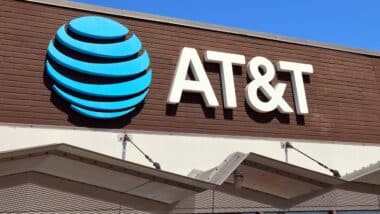

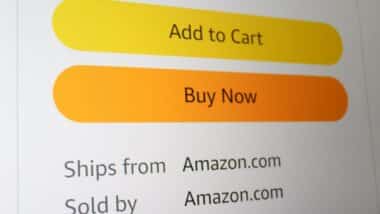



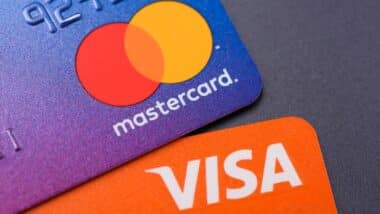
One thought on Did You Get Charged an HSBC Foreign Transaction Fee for a Local Purchase?
Add me